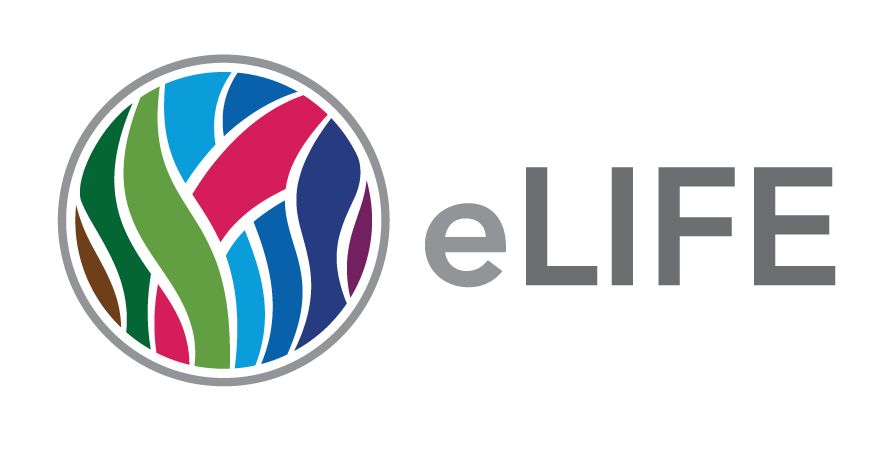figshare
See the following -
7 Rules of Thumb for Your Open Science Project
Tips for creating and maintaining open source software for science. Read More »
- Login to post comments
Analyze, Collaborate, and Share Research with Open Source Tools
 The most powerful free and open source (FOSS) statistics program, though, is R. Originally a FOSS version of the statistics language S, R has shown explosive growth over the last few years, with some 7,000 add-on packages available to handle nearly any statistical requirement and an increasing number of books, courses, and blogs (e.g. R-bloggers) focusing on practical usage. Some websites concentrate specifically on how to use R for psychological research—an example is William Revelle's Personality Project, which also offers an R package called psych, a toolbox for personality, psychometrics, and experimental psychology...
The most powerful free and open source (FOSS) statistics program, though, is R. Originally a FOSS version of the statistics language S, R has shown explosive growth over the last few years, with some 7,000 add-on packages available to handle nearly any statistical requirement and an increasing number of books, courses, and blogs (e.g. R-bloggers) focusing on practical usage. Some websites concentrate specifically on how to use R for psychological research—an example is William Revelle's Personality Project, which also offers an R package called psych, a toolbox for personality, psychometrics, and experimental psychology...
- Login to post comments
Easier Access To PLOS Data
You’ve always relied on PLOS to make scientific and medical research freely accessible to all. Now we’re introducing a number of tools and services to unlock the full potential of the data that currently exists in the Figures and Supporting Information files of our journals but has to this point been just beyond easy reach and these include: Read More »
- Login to post comments
Initiative for Open Citations Making Great Progress
 It is enormously satisfying when a good idea captures the imagination and takes off and that’s precisely what happened with the Initiative for Open Citations (I4OC) over the past 6 months. Citations are the way that researchers communicate how their work builds on and relates to the work of others and they can be used to trace how a discovery spreads and is used by researchers in different disciplines and countries. Creating a truly comprehensive map of scholarship, however, relies on having a curated machine-readable database of citation information, where the provenance of every citation is clear and reusable. With the launch of I4OC that map, and the potential for anyone to use it to explore the scholarly landscape, comes much closer...
It is enormously satisfying when a good idea captures the imagination and takes off and that’s precisely what happened with the Initiative for Open Citations (I4OC) over the past 6 months. Citations are the way that researchers communicate how their work builds on and relates to the work of others and they can be used to trace how a discovery spreads and is used by researchers in different disciplines and countries. Creating a truly comprehensive map of scholarship, however, relies on having a curated machine-readable database of citation information, where the provenance of every citation is clear and reusable. With the launch of I4OC that map, and the potential for anyone to use it to explore the scholarly landscape, comes much closer...
- Login to post comments
Mozilla's Science Lab Is a Hub for the Open Research Community
Since the launch last June of Mozilla Science Lab, we’ve been working to unpack what science on the web and like the web means, and what Mozilla can do to support it. The Science Lab was created to serve as a neutral broker and hub for the open science community—a means of bridging the gap between the early adopters and the many scientists who understand the value of open science, but who have not yet (for a number of reasons) mapped that understanding onto their day-to-day workflow...
- Login to post comments
ReFigure – Connecting Scientific Insights Across the Web
 Today, we are introducing ReFigure, a new science curation and publication tool supported by the eLife Innovation Initiative. ReFigure is a chrome extension and website that allows researchers to connect new and previously reported findings across publisher websites and repositories. It is currently in beta and being developed in the open on GitHub... ReFigure was born from an idea that research outputs should be incremental, immediately connected to published findings and not confined to the websites of individual journals...
Today, we are introducing ReFigure, a new science curation and publication tool supported by the eLife Innovation Initiative. ReFigure is a chrome extension and website that allows researchers to connect new and previously reported findings across publisher websites and repositories. It is currently in beta and being developed in the open on GitHub... ReFigure was born from an idea that research outputs should be incremental, immediately connected to published findings and not confined to the websites of individual journals...
- Login to post comments
The Past Year In Open Access
Today marks the start of Open Access Week 2013. Open Access Week is a global event for the academic and research community to continue to learn about the potential benefits of Open Access, to share what they’ve learned with colleagues, and to help inspire wider participation in helping to make Open Access a new norm in scholarship and research... Read More »
- Login to post comments